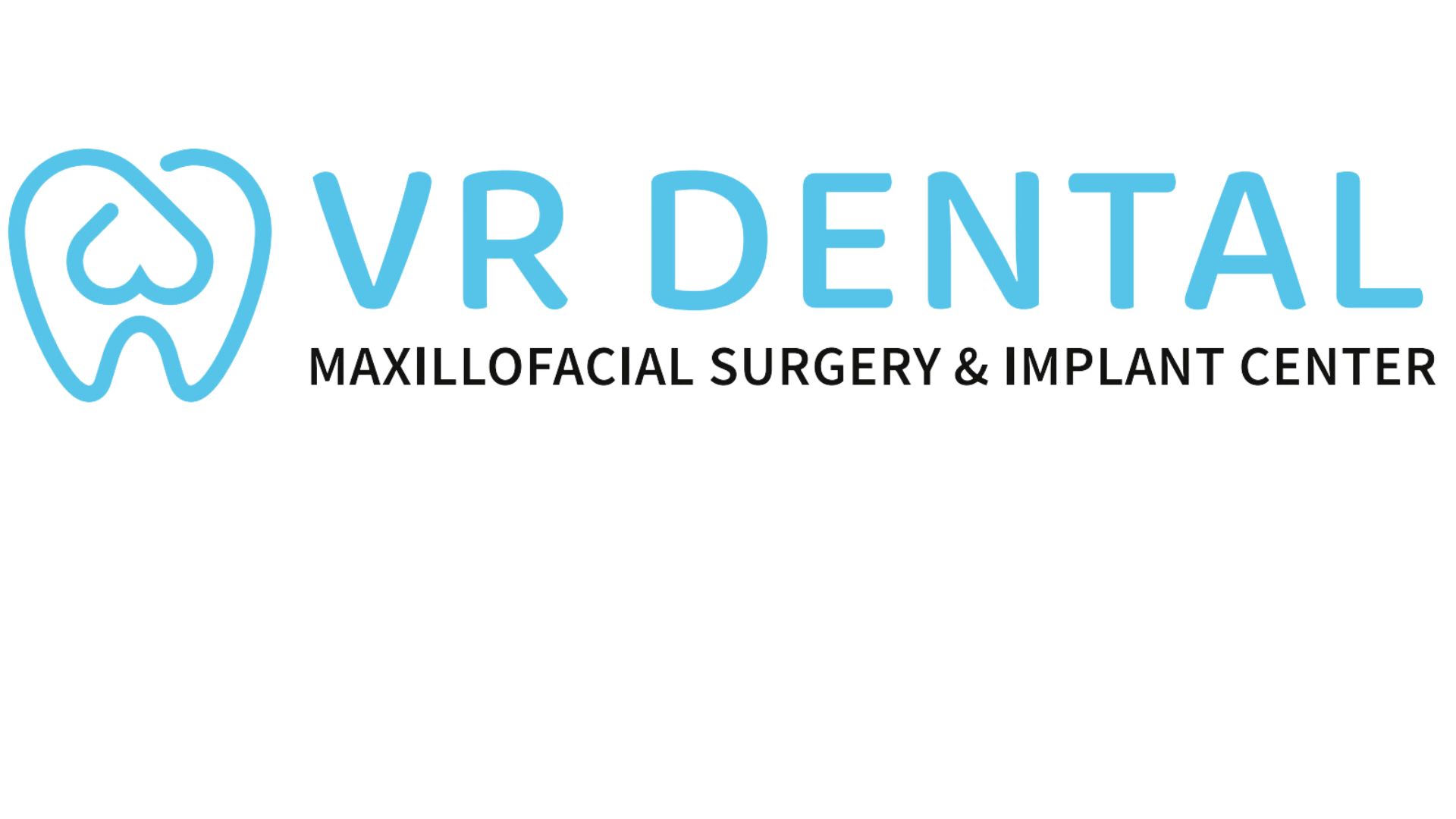Oral and maxillofacial surgery is a specialized field of dentistry that focuses on the diagnosis and treatment of a wide range of conditions affecting the mouth, teeth, jaws, and face. This surgical specialty encompasses a broad range of procedures, including simple tooth extractions, complex jaw reconstructions, and cosmetic facial surgeries. The field of oral and maxillofacial surgery has evolved over the years, with significant advancements in surgical techniques, anesthesia, and technology. Today, oral and maxillofacial surgeons are highly skilled professionals who work alongside other healthcare providers to provide comprehensive,
patient-centered care. One of the most common procedures performed by oral and maxillofacial surgeons is tooth extraction. This may be necessary when a tooth is severely decayed or damaged, or when it is causing problems such as crowding or impaction. Tooth extractions can be done using local anesthesia or general anesthesia, depending on the complexity of the procedure and the patient’s needs. Another common procedure is the placement of dental implants. Dental implants are artificial tooth roots that are used to support replacement teeth or dentures. Oral and maxillofacial surgeons are specially trained to place dental implants using advanced techniques such as computer-guided surgery and 3D imaging.
- Provide guidance for the proper management for the extraction of wisdom teeth and impacted canines.
- Manage patients on anticoagulants/antiplatelet undergoing dental/oral surgical procedure, in order to achieve effective results.
- Provide an overview on the topic of antibiotic prophylaxis to make informed decisions on prophylactic antibiotic use in the prevention of local & systemic infections.
- Provide an overview on the management of pregnant patients undergoing dental/oral & maxillofacial treatment
- Diagnose and manage oral soft tissue lesions.
- Introduce decision-making criteria regarding diagnosis, management and treatment plan of Odontogenic/Cervicofacial infections and to reduce inappropriate variation in practice.
- Provide an overview on the topic of oral & dental management of patients at risk of or having Medication-Related Osteonecrosis of the Jaw (MRONJ).
- Elaborate on the in diagnosis and primary care of patient with Tempro-Mandibular Joint (TMJ) Disorders and also specify a referral pathway to aid in the referring process of such patients.
- Standardize management of skeletal malocclusions and maximize patient outcome both functionally and aesthetically.
- Manage oral and maxillofacial fractures to reach optimal outcomes.
Here are some of the latest techniques used by oral and maxillofacial surgeons
Computer-guided surgery: This technique uses 3D imaging and virtual surgical planning to guide the placement of dental implants and other surgical procedures. This allows for more precise and predictable outcomes, reduces the risk of complications, and shortens the recovery time.
Piezosurgery: This technique uses ultrasonic vibrations to cut bone without damaging surrounding soft tissues. It is commonly used in procedures such as sinus lifts, bone grafting, and extractions, and can lead to faster healing and reduced pain and swelling.
Platelet-Rich Plasma (PRP): PRP is a technique that involves using a patient’s own blood to promote healing and tissue regeneration. It is commonly used in conjunction with bone grafting and implant placement to accelerate the healing process and improve outcomes.
Laser surgery: Laser technology is increasingly being used in oral and maxillofacial surgery for procedures such as gum contouring, biopsy, and treatment of lesions. Laser surgery is less invasive, causes less bleeding and swelling, and leads to faster healing.
Minimally invasive surgery: Oral and maxillofacial surgeons are increasingly using minimally invasive techniques for procedures such as wisdom tooth extraction and jaw surgery.
This involves making smaller incisions, using smaller instruments, and employing advanced imaging and visualization technology to reduce trauma and speed up recovery time. Oral and maxillofacial surgeons also perform complex jaw surgeries to correct congenital defects, injuries, or other conditions that affect the alignment or function of the jaw. These surgeries may involve the use of bone grafts, orthodontic appliances, or other specialized techniques. In addition to
surgical procedures, oral and maxillofacial surgeons also provide non-surgical treatments such as the management of TMJ disorders, facial pain, and sleep apnea.
Medical Advances and Case Report
They work closely with other healthcare providers, including dentists, orthodontists, and medical specialists, to ensure that patients receive comprehensive care that addresses their unique needs and goals. Oral and maxillofacial surgery is a critical specialty within dentistry that plays a vital role in improving the oral and overall health of patients.
With advances in technology and surgical techniques, oral and maxillofacial surgeons are better equipped than ever to provide safe, effective, and patient-centered care. If you are in need of oral or facial surgery, it is important to seek out an experienced and qualified oral and maxillofacial surgeon who can provide the care and support you need.
Dr Ram Mohan

